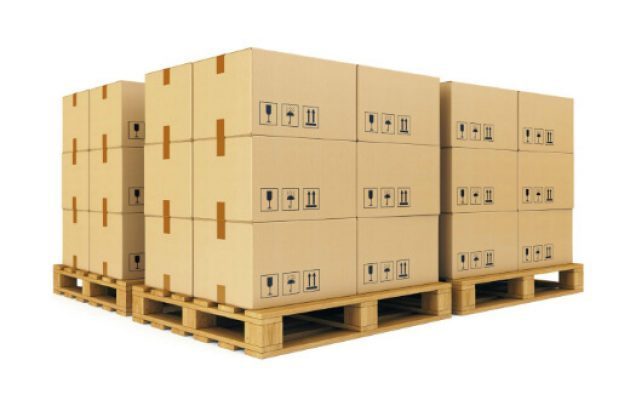The Kenya International Freight Forwarders Association (KIFWA) and the Federation of East African Freight Forwarders Associations (FEAFFA) in partnership with other relevant industry associations has today unveiled the Kenya Customs Agents and Freight Forwarders Bill 2020 in a bid to enhance professionalism in service delivery and compliance to the existing regulations with the aim of ending the cargo delays at Ports, improve cargo flow, improve revenue collection by the revenue authority and lowering the cost of doing business.
Unveiling the new Kenya bill today, FEAFFA President Mr. Fred Seka said the new regulation is meant to streamline cargo clearance by ending the deployment of untrained agents, promoting fair competition, protecting industry players from unfair liability, supplementing existing government regulations and introducing mandatory registration and training of all customs agents and freight forwarders and fines and penalties for non-compliance and misconduct.
“Kenya trades over 30m tonnes of cargo within the East African community and the volumes keep growing, putting ever more pressure on a system that is inherently inefficient due to the lack of obligatory qualifications,” said Mr. Seka.
The consequent delays are costing shippers as much as KeSh25.6bn a year in extra demurrage charges.
The proposed bill will require all customs agents to demonstrate their understanding of the clearance processes, valuations, classification, rules of origin and management, of the changing regional regulatory regime, and of the country’s clearing systems, digital gadgets and portals.
This will make for a step change in cargo efficiency, with 62.5 per cent of Kenya’s customs agents and freight forwarders currently lacking the skills to ably clear goods, according to the International Journal of Supply Chain and Logistics.
The skill gaps have resulted in frequent clearance errors, across the wrong tariff classification and valuation, the wrong duty and tax payments, cargo entry errors in the system, and acquisition of the wrong certificates, all of which frequently add extra delays.
“The result has been spiraling shipping costs, which are now three times higher than in other countries and making nearly all of our goods more expensive to consumers,” said Mr. Roy Mwanthi, National Chairman KIFWA.
For instance, the Embakasi Inland Container Depot receives about 5,600 containers every week, for clearance from Mombasa and the clearance process is supposed to take four days, according to the KPA Tariff Charter. Agents however are only managing to clear 48 per cent of the arriving freight within the four-day timeframe.
To address this, the bill seeks to formalise the East Africa Customs and Freight Forwarders Professional Certification (EACFFPC) exam and make it mandatory in order for customs agents and freight forwarders to get licenses from the revenue authority.
“Of the over 8,000 customs agents operating in the country, only 3,000 have taken the exam over the last decade on a voluntary basis. Mandatory certification and continuing professional development will ensure professionals stay abreast with the necessary skills required in the sector,” said Mr. Mwanthi.
The Kenya National Bureau of Statistics reports that Kenya handles Sh578bn worth of exports and Sh1.4tn of imports a year, with its annual cargo forecast to increase to over 50m tonnes a year by 2030. But, according to World Bank, it takes Kenya an average of 39 days to export and clear goods while elsewhere in the world it takes 15 to 26 days. Moving towards a skill driven industry will reduce this time significantly.
Furthermore, the bill requires every certified customs and freight forwarder’s agent to be registered to operate and the publishing of the list of all active, registered customs agents.
“We want to eradicate rogue agents and protect industry players from liability. Presently, the general public is not able to distinguish a genuine customs agent from a rogue one,” said Mr. Mwanthi. “Fines and penalties of up to two million shillings and imprisonment of two years or both are also being introduced.” He added.
The bill has been supported by various stakeholders in the industry with some of them joining the press conference today including the Kenya National Trade Network Agency (KENTRADE), Shippers Council of East Africa (SCEA), Importers and Small Traders Association of Kenya, Kenya Ship Agent Association (KSAA) and Kenya Private Sector Alliance (KEPSA) among others.
“To increase logistics investment in the East African region and boost cross border trade we need an industry that is guided by stringent regulatory guidelines that enhance business efficiency, competitiveness and ensure professionalism which is the reason we are supporting adoption of the bill,” said Daniel Kiange, Manager Trade Facilitation, KENTRADE.








